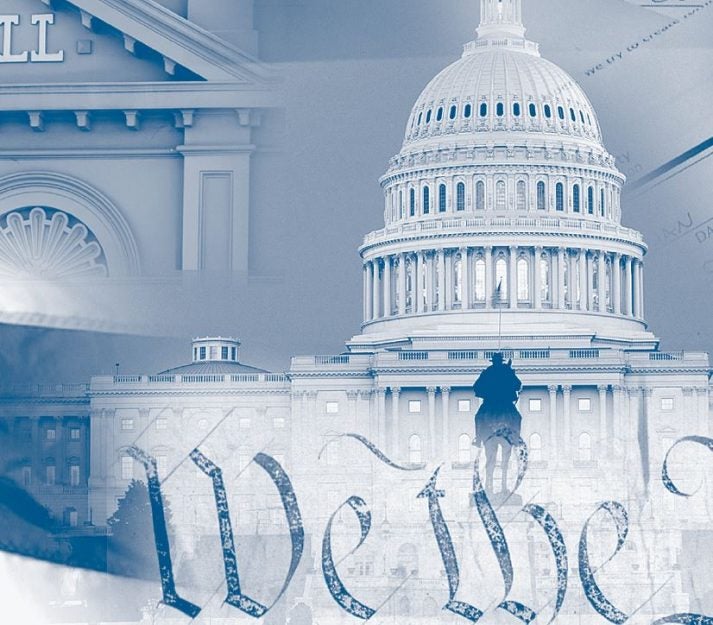By Jacqueline Bhabha and Mary T. Bassett
The United States continues to pull ahead in a xenophobic race to the bottom, making fear and trauma central to its border control toolkit. The list is long: Executive orders purporting to ban Muslims, slashing refugee admission quotas, reversing well-established legal precedent protecting the right to asylum of rape and domestic violence survivors, the willful fueling of deportation fear among law-abiding residents, and the cruel separation of families at the southern border, and last week’s move to virtually eliminate all asylum claims at the southern border. All are examples of the bigotry on which this administration has pinned its popularity.
Under Donald Trump, the U.S.’ border control and mass deportation strategy is driven by political advancement rather than legally-sanctioned national interest. As a result, an enveloping sense of insecurity has descended on millions, explicit racist bias has proliferated, and a pervasive sense of a “them and us” society has infected the public at large.
In recent weeks, alarming new evidence of the far-reaching spillover effects of the administration’s attack on immigrants has emerged. Dramatic health detriments have resulted. The most egregious: the death of five children in immigration custody. The most pervasive: the traumatization of thousands of youngsters, from inconsolable toddlers to suicidal adolescents, as a result of what Physicians for Human Rights has aptly termed the “elective decision to traumatize children.” The most widespread: the intentional debasement of state provision to the point where U.S. authorities are willfully denying thousands of children in their custody the basic necessities of food, shelter, physical safety and medical protection.
Thirty years after the signing of the UN Convention of the Rights of the Child, the U.S. government is illustrating why it has the disgraceful distinction of being the world’s only country to not have adopted the Convention: it places government autonomy over the most basic human rights, such as the state’s obligation to consider the best interests of every child within its borders, regardless of nationality or race. By not ratifying the Convention on the Rights of the Child, the U.S. government has given itself free reign to use children as political pawns and ignore their basic human rights. Whole facilities full of children are exposed to disease, lack of nutrition and other unsanitary conditions that rival circumstances in refugee camps in the world’s poorest countries.
Another spillover effect is the devastating human and economic cost of this anti-immigrant war of attrition on communities based in the U.S. A recent Physicians for Human Rights study comparing the effects of 26 different types of trauma and distress on psychological well-being found family separation caused as severe a psychological impact as torture. And yet this is now a routine tool of border control, as unaccompanied migrant children are detained for long periods rather than released to parents or other relatives who could safely care for them.
The Center for Migration Studies (CMS) recently calculated the economic cost of government anti-immigrant policies. Using data from the Transactions Records Access Clearinghouse in Syracuse, New York, they noted 4 out of 5 of those placed in ICE custody had no criminal record or only minor infractions- such as traffic violations – no major implication for national security. Nevertheless, their threatened deportation, recently reiterated by the president, would plunge millions of families into poverty, reducing, according to CMS, median household income by 47%. Meanwhile, if only one-third of the US children of these deportees were left behind to be raised in the U.S. (as they are entitled to be), the cost to the U.S. government would be an estimated $118 billion. Human trauma paid for at an obscenely high price by taxpayers.
The current crisis will not be resolved in the courts. The spillover effects of the administration’s war on immigration affect all of us. Each and every one of us has a responsibility to speak out and act in whatever domain we can, be it the classroom, the street, the hospital ward, the factory or the supermarket. Relying on isolated court judgments, however impactful, is not sufficient. The public at large, and the electorate in particular, must make it clear that trauma, racism and xenophobia cannot continue to be our country’s de facto border control strategy.
The writers are the director of research and director, respectively, at the Harvard FXB Center for Health and Human Rights.

